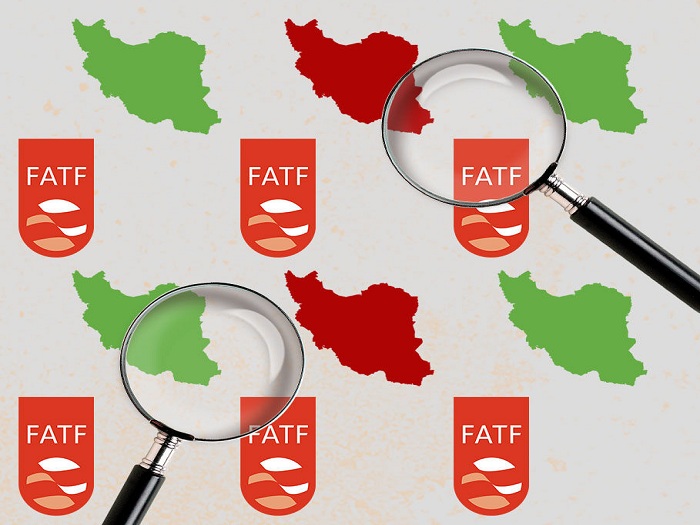Withdrawal from the FATF blacklist will lead to better interaction between other governments and Iran

An expert on monetary and banking issues: The impact of Iran's removal from the FATF blacklist on the process of easing sanctions cannot be ignored, at least psychologically, which could strengthen the international opposition to sanctions and better treatment of Iran by other governments.
According to the Iran International Stone Exhibition, in connection with the extension of the deadline for reviewing FATF-related bills in the Expediency Council, "Taj Mohammad Qajavand", an expert on monetary and banking issues, referring to the extension of the deadline for reviewing FATF-related bills in the Recognition Assembly The expediency of the system added: "Accepting the request to extend the deadline for reviewing these bills by the Supreme Leader of the Revolution shows the high importance of this issue for the country and the high sensitivity of decision-making on it."
He added: "A special working group on financial action, consisting of 194 countries, either directly or indirectly and through membership in regional organizations, was formed with the aim of creating an integrated system to combat money laundering and terrorist financing. Iran's accession to this organization is important, we must pay attention to what will be the use of this organization for us?
Emphasizing that if the FATF acts transparently and fairly in achieving its goals, Qajavand will have a very positive impact on the world, he continued: "Our country is currently facing the most severe sanctions, and in this situation that our banking system is completely It is under sanctions, even assuming that if the FATF bills are approved by the Expediency Council tomorrow, a utopia will not be waiting for Iran and there will be no immediate and tangible change in the country's economic situation. The value of joining this organization shows itself when the agreement of Borjam is implemented and the possibility of international relations is provided for the country.
The economist added: "Of course, the impact of Iran's removal from the FATF blacklist on the process of reducing sanctions can not be ignored, and this event, at least psychologically, can strengthen the opposition to sanctions and better international relations with Iran." In other words, this could be the beginning of building trust in Iran with 194 FATF members, because in such circumstances, the world can be sure that our country's banking system is transparent and reliable. It is also possible that even under these sanctions, some global banks may conduct limited financial exchanges with Iran.
He also explained about the process of Iran's withdrawal from the FATF blacklist: "According to the existing laws, as soon as these bills are approved in Iran and the measures defined by this international organization are taken, Iran's name should be removed from the black list." Of course, it should be borne in mind that after this stage, Iran will enter the red list. Because according to the statement of this organization in October 2018, the name of Iran along with 12 other countries has been included in the list of high-risk and closely monitored countries and they have been asked to follow the 9 recommendations identified by the FATF for the transparency of their banking system. Do.
"Anti-money laundering measures have been going on inside the country for years, and if there are any ambiguities for international organizations like the FATF, it is because of the excuses imposed on the country's banking system due to sanctions," Qajavand said. For this reason, unfortunately, Iran was included in the FATF red list in 2018, and we must note that the process of leaving this red list is much more complicated than leaving the black list.
The former banking manager continued: "Fortunately, today in the Iranian banking system, experts and managers are active, but it is necessary to form a special working group and study the interaction of banking systems in other countries with the FATF to teach banking experts how to Interact with this organization. Certainly other countries that have been cooperating with the FATF for many years have taken steps to protect their valuable information that we need to apply to our banking system. What information should be provided to this global organization, in what way and to what extent, has important details that can be taken into account to minimize the possibility of misuse of the country's banking information.
He noted: "We must note that the implementation of the necessary protocols for membership in the FATF requires serious and complete oversight of all relevant bodies, including the Islamic Consultative Assembly." In our interaction with these international organizations, we must have the art of maintaining our interaction and relationship with other countries of the world for our national interests, and also protect the integrity of the country in accordance with the constitution.
* IRNA










